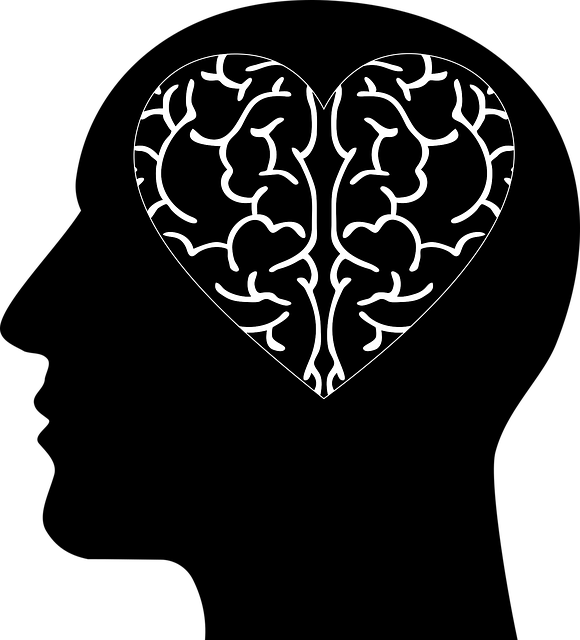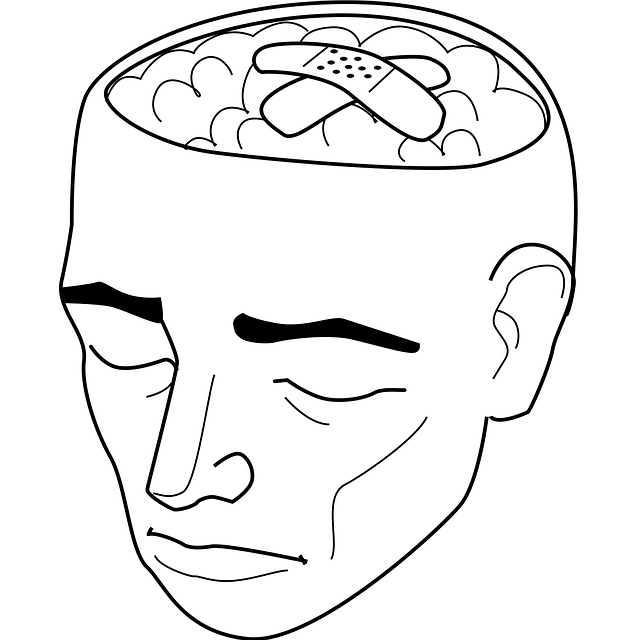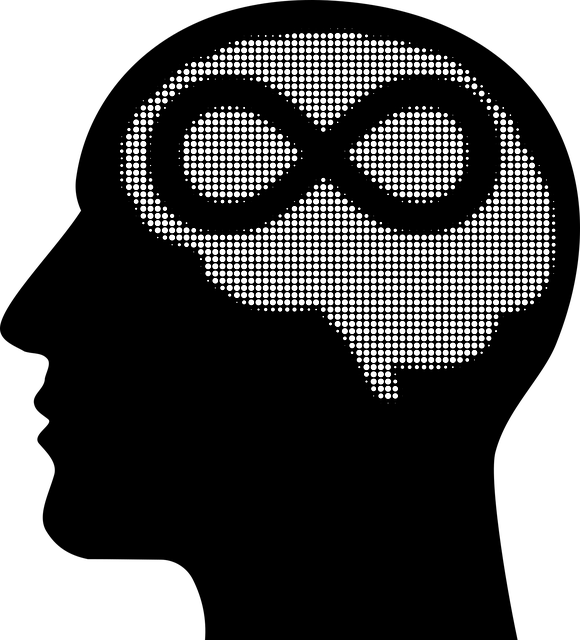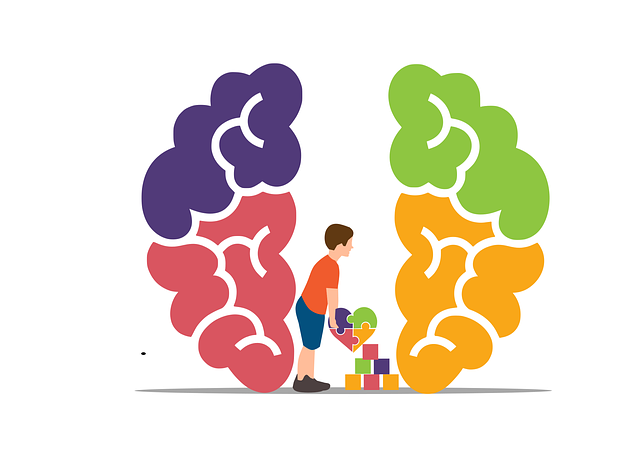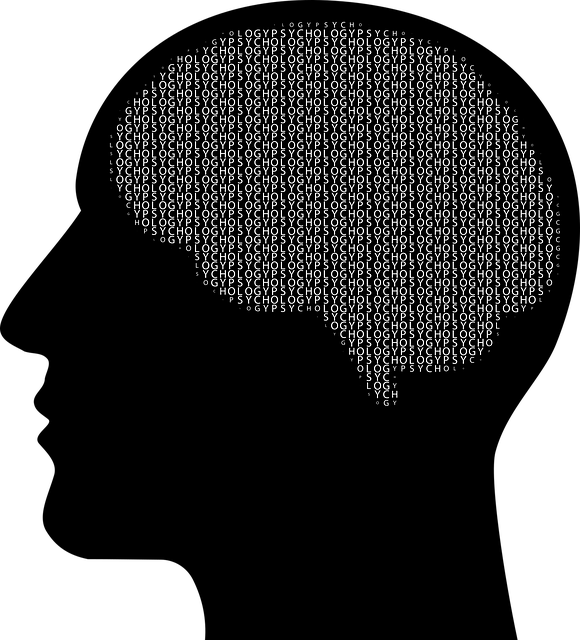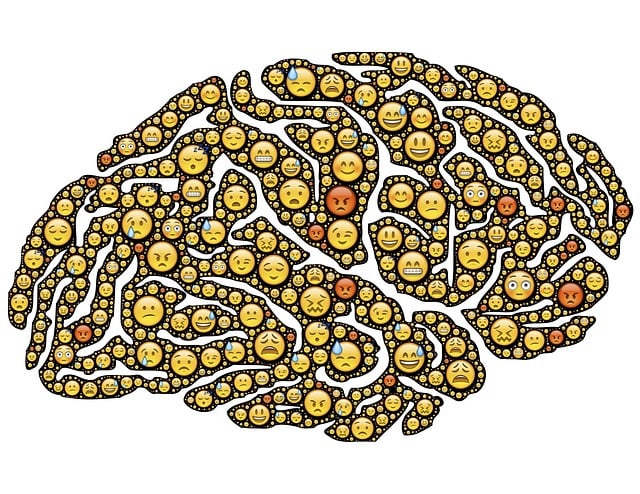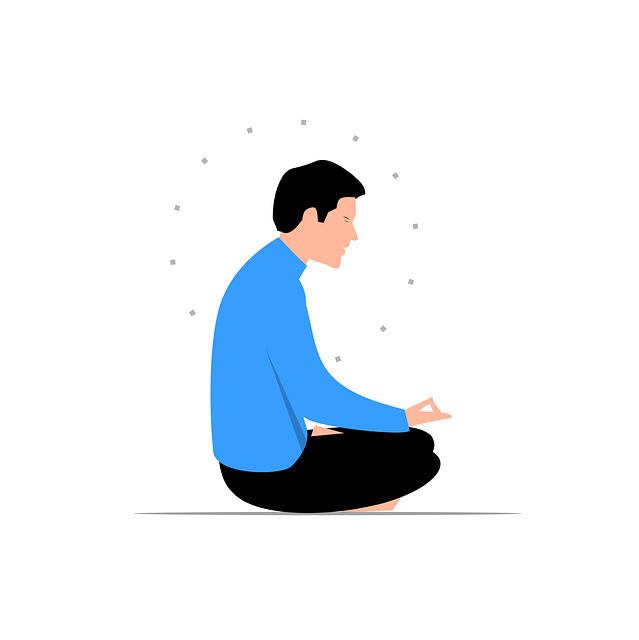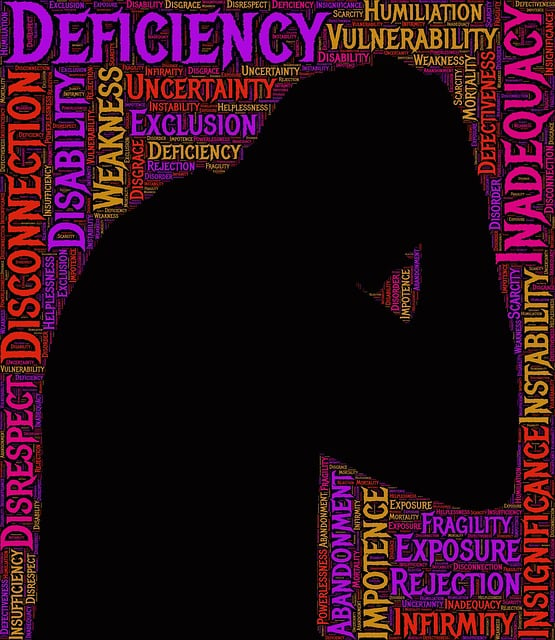Boulder Self-Esteem Therapy (BSET) is an effective, evidence-based mental wellness self-assessment tool that targets low self-esteem by addressing root causes like past traumas. Integrating CBT principles and promoting emotional intelligence, BSET guides users towards improved stress management, emotional regulation, and healthier coping mechanisms. Regular use enhances resilience, fosters self-acceptance, and empowers individuals to lead more fulfilling lives through goal setting and effective mental health strategies. Cultural sensitivity ensures these tools are accessible and beneficial for diverse populations.
Mental wellness self-assessment tools have emerged as powerful resources for individuals seeking personal growth and therapy. This article explores the development and impact of such tools, with a specific focus on Boulder Self-Esteem Therapy—a revolutionary approach enhancing mental health awareness. We’ll delve into understanding these assessments, their role in fostering self-esteem, and effective methodologies for creation. Additionally, we’ll discuss implementation strategies and measure the profound effects on mental wellness.
- Understanding Mental Wellness Self-Assessment Tools
- The Role of Self-Esteem in Therapy and Personal Growth (Focus on Boulder Self-Esteem Therapy)
- Developing Effective Assessment Tools: Methodologies and Considerations
- Implementing and Measuring the Impact of Mental Wellness Self-Assessments
Understanding Mental Wellness Self-Assessment Tools

Mental wellness self-assessment tools play a pivotal role in fostering Mental Health Awareness and facilitating personal growth. These tools empower individuals to take charge of their mental well-being by providing insights into various aspects of their lives, from stress management to emotional regulation. One such innovative approach is Boulder Self-Esteem Therapy, which leverages assessment techniques to help users cultivate self-acceptance and build resilience. By identifying areas of strength and weakness, this therapy guides individuals towards adopting healthier coping mechanisms and empathy-building strategies.
These self-assessment tools are not just diagnostic aids; they serve as valuable resources for personal development. They promote self-reflection, encouraging individuals to set realistic goals and implement effective strategies for managing mental health. Through regular use, these tools can enhance one’s ability to navigate life’s challenges, fostering a stronger sense of resilience and overall well-being.
The Role of Self-Esteem in Therapy and Personal Growth (Focus on Boulder Self-Esteem Therapy)

Self-esteem plays a pivotal role in mental wellness and personal growth, underpinning our sense of worth and ability to navigate life’s challenges. Boulder Self-Esteem Therapy (BSET) is a proven approach that focuses on fostering healthy self-perception and boosting confidence. BSET aims to help individuals challenge negative thought patterns and beliefs about themselves, thereby enhancing their overall well-being and resilience.
By addressing underlying issues contributing to low self-esteem, such as past traumas or adverse experiences, BSET facilitates significant improvements in mental health outcomes. This therapy encourages clients to develop a more positive and accurate view of themselves, leading to better coping strategies for managing stress, anxiety, and other psychological distresses. Consequently, individuals equipped with enhanced self-esteem are better positioned to pursue their goals, form meaningful relationships, and lead fulfilling lives.
Developing Effective Assessment Tools: Methodologies and Considerations

Developing effective self-assessment tools for mental wellness is a multifaceted process that requires careful consideration of various methodologies and factors. One promising approach involves integrating evidence-based techniques, such as cognitive behavioral therapy (CBT) principles, to create comprehensive assessments. These tools aim to capture not only an individual’s current state but also their emotional responses, thought patterns, and potential triggers, providing a holistic view of mental health.
For instance, the Boulder Self-Esteem Therapy model emphasizes self-care routine development as a key component of improving mental health. By encouraging individuals to assess their daily habits and incorporating mind over matter principles, these assessments can empower users to take charge of their emotional well-being. Additionally, focusing on emotional intelligence (EI) allows for a deeper understanding of one’s feelings and those of others, fostering healthier relationships and enhancing overall EI, which is crucial in navigating life’s challenges effectively.
Implementing and Measuring the Impact of Mental Wellness Self-Assessments

Implementing mental wellness self-assessment tools can significantly impact an individual’s journey towards emotional well-being promotion techniques. These assessments provide a baseline for understanding one’s mental state and serve as a powerful catalyst for personal growth, especially when coupled with evidence-based practices like Boulder Self-Esteem Therapy. By regularly measuring self-esteem improvement and tracking progress, individuals gain valuable insights into their strengths and areas requiring attention.
Cultural sensitivity in mental healthcare practice plays a crucial role in ensuring these tools are effective across diverse populations. Tailoring the assessments to respect and accommodate various cultural contexts enables broader accessibility and fosters trust between clients and care providers. This inclusive approach not only enhances the impact of self-assessments but also encourages open dialogue about mental health, ultimately contributing to more successful outcomes and happier, healthier individuals.
Mental wellness self-assessment tools, like Boulder Self-Esteem Therapy, are powerful resources for personal growth and therapy. By understanding their development, role in mental health support, and effective implementation, we can foster more holistic well-being. These tools offer individuals a means to assess, track, and improve their mental health proactively. As these assessments gain traction, it’s essential to continue refining methodologies, considering diverse populations, and measuring their impact to ensure they enhance, not hinder, the journey towards mental wellness.
